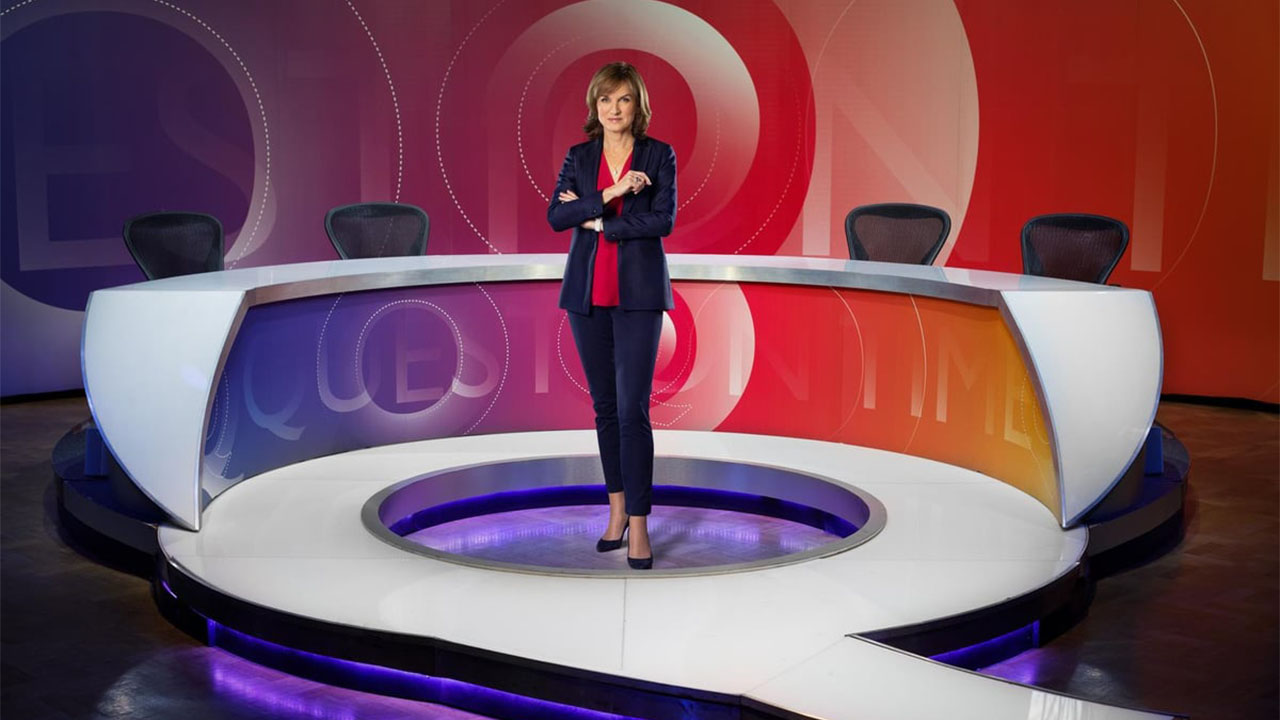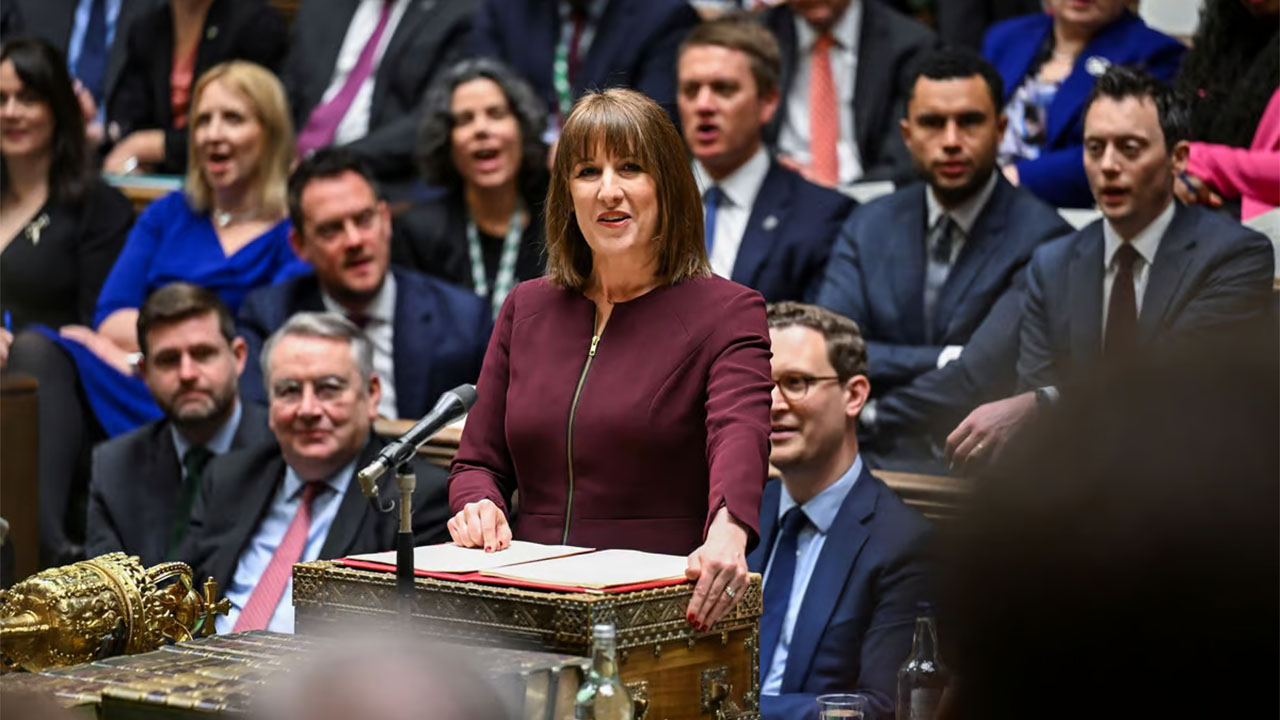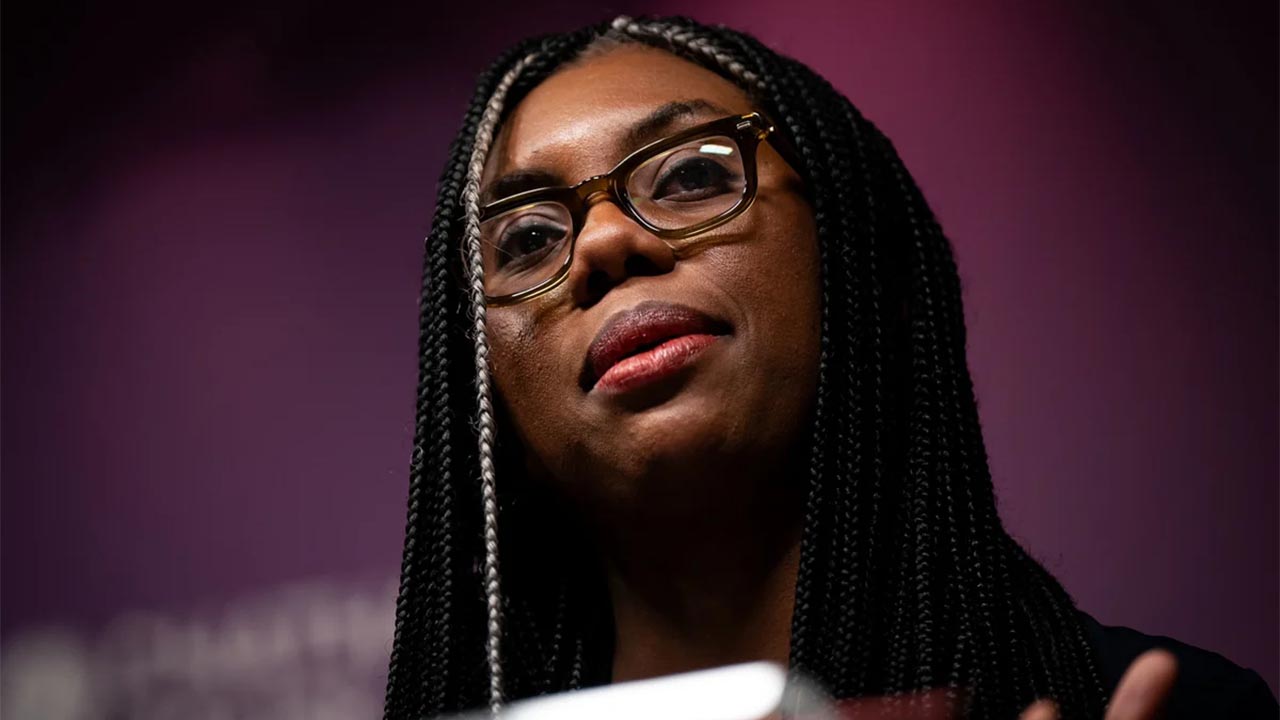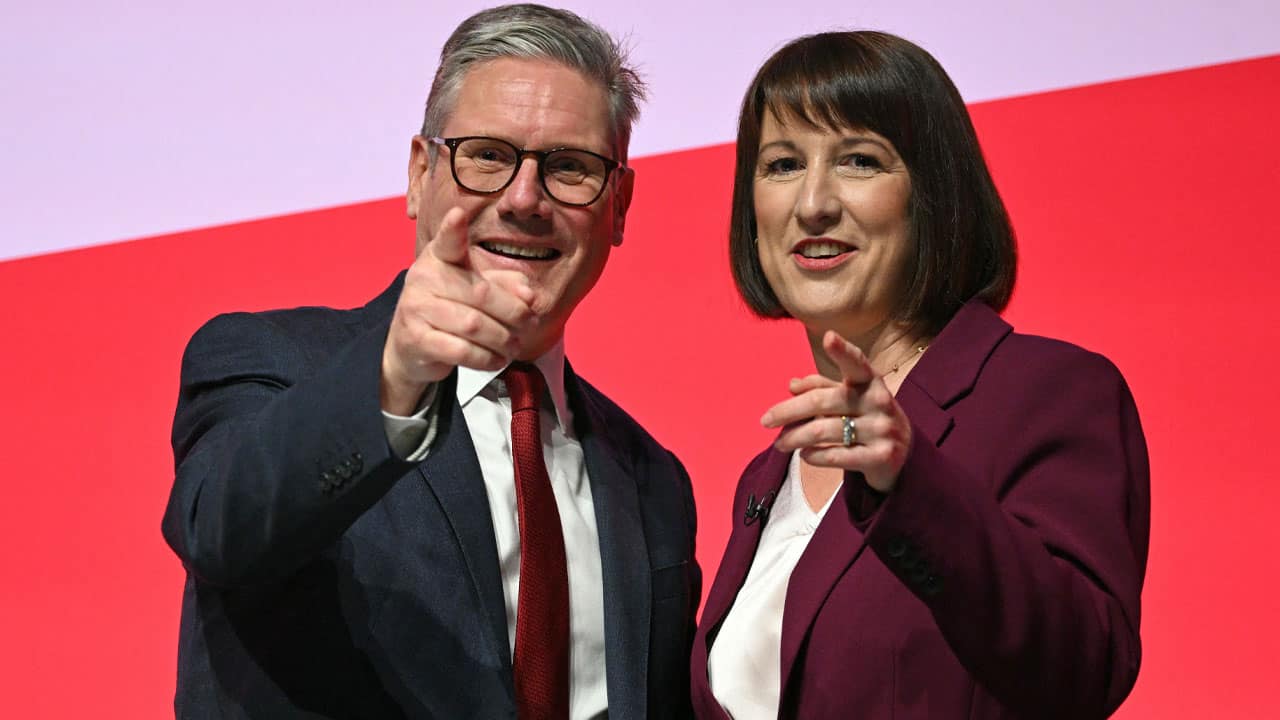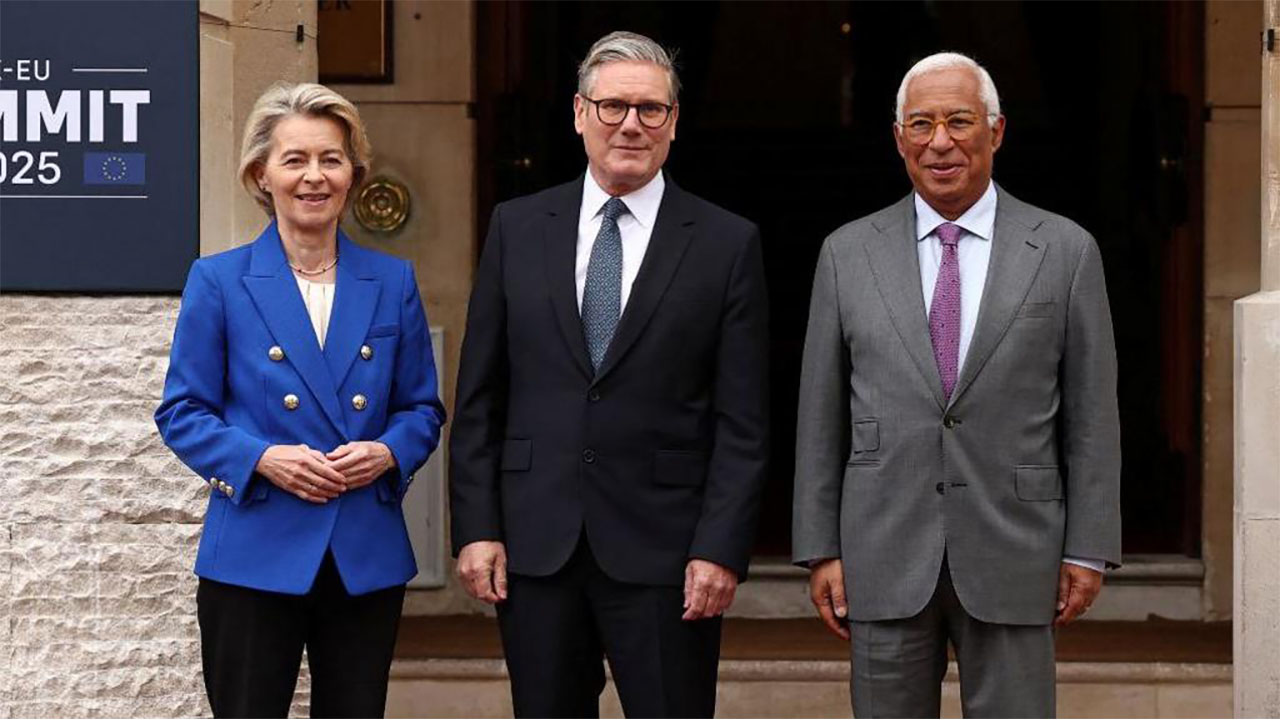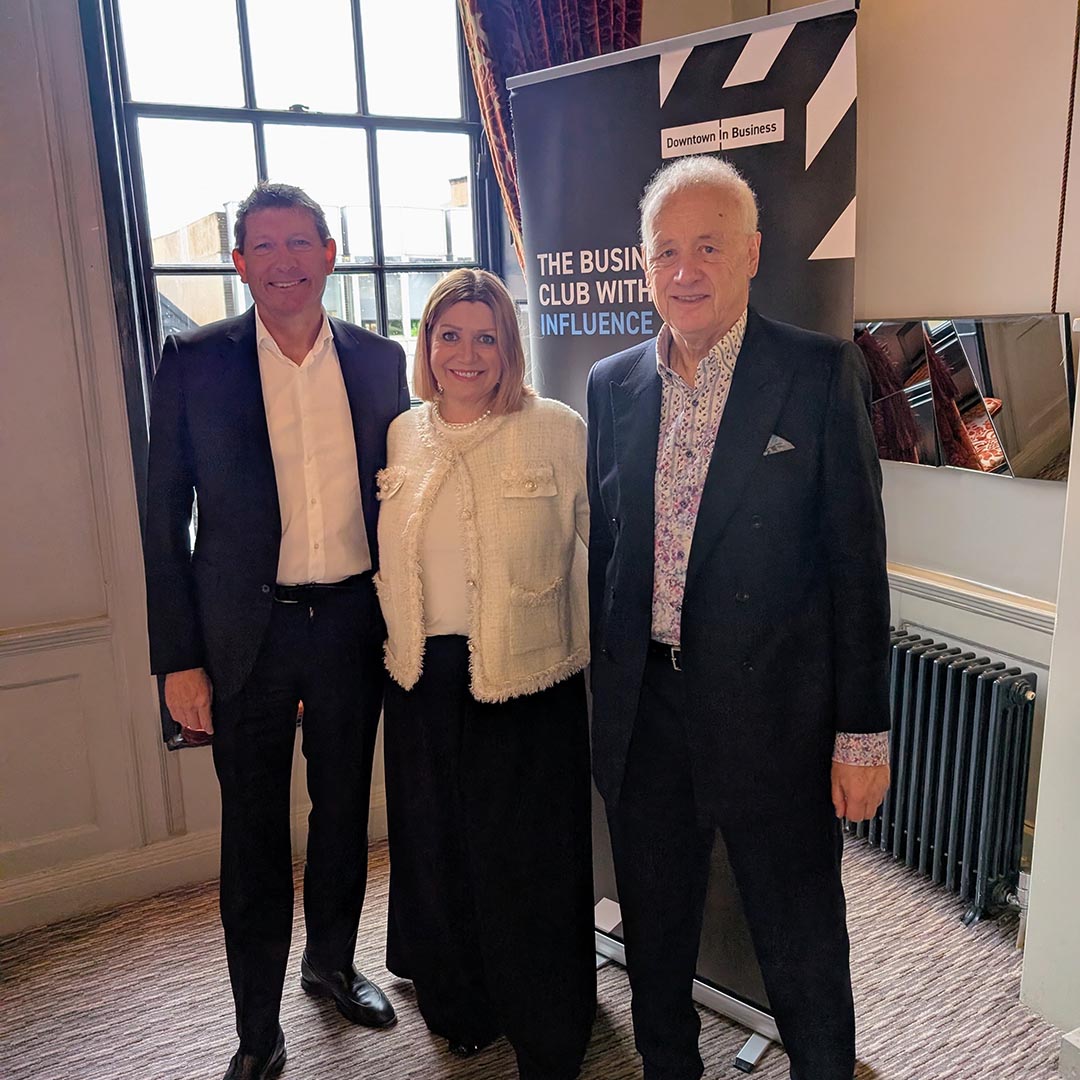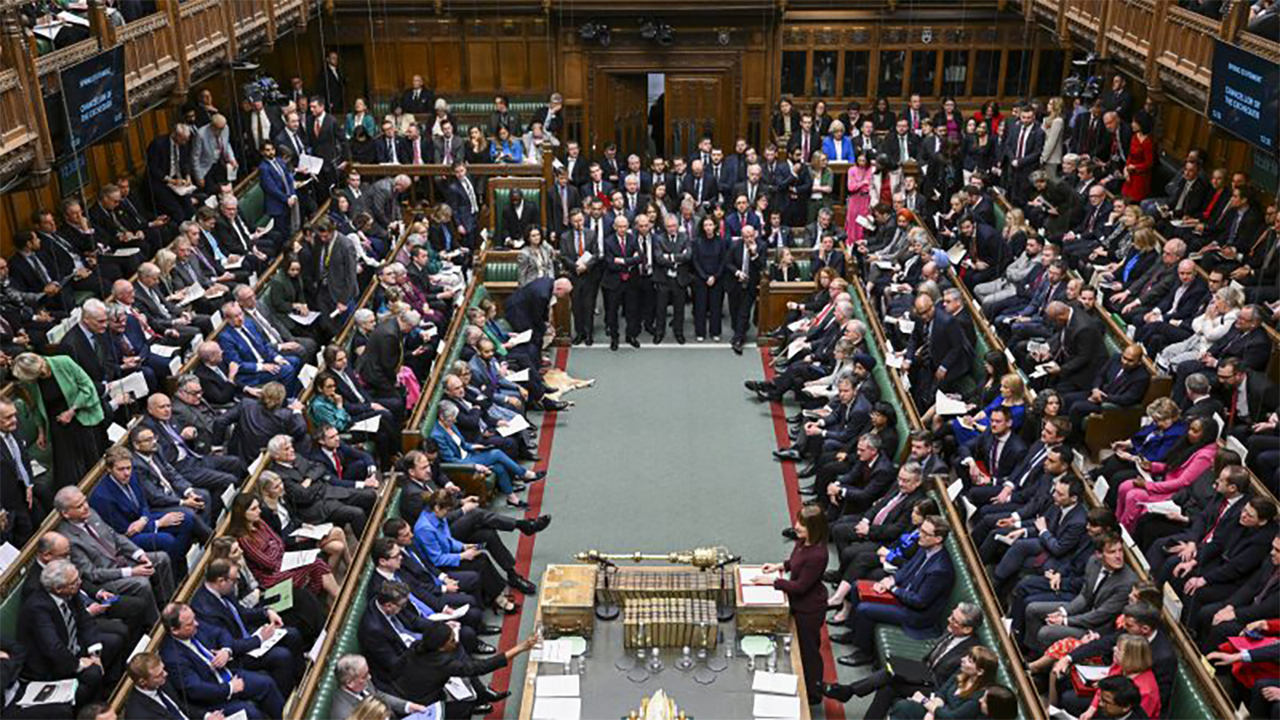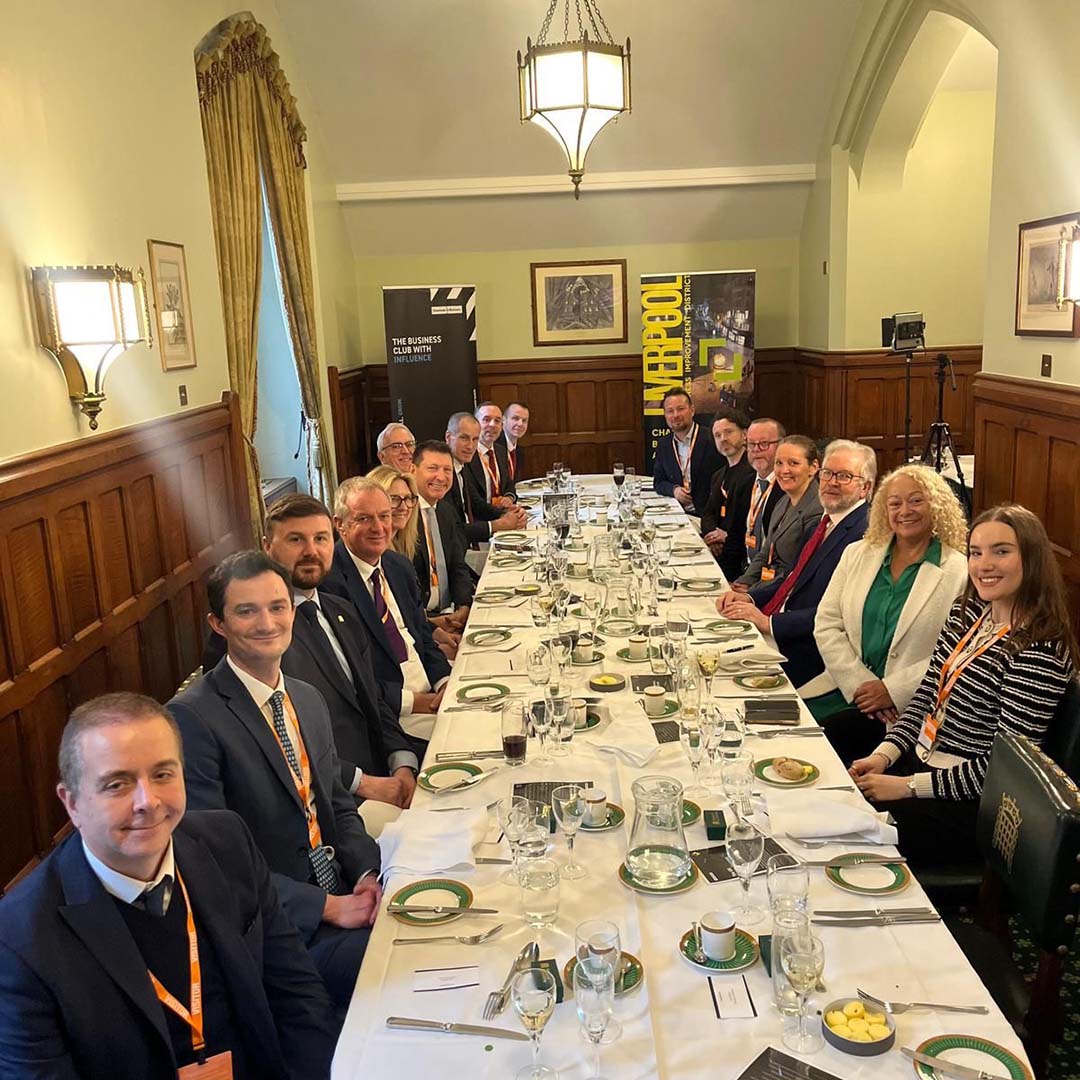Something has shifted in the way the British media covers politics. From the very early days of the new Labour government, much of the press – and, strikingly, the BBC – has treated the administration as if it has been in power for a decade. The tone of coverage is relentlessly negative, nit-picking and devoid of context. Meanwhile, populist figures on the right continue to enjoy saturation exposure out of all proportion to their political relevance.
Last week Reform cheerleader appeared on BBC Question Time for the second time this year – why?
The result is a warped national conversation where reformers are ridiculed, and ranters are rewarded.
Farage and the populist privilege
Take Nigel Farage. The Reform UK leader, with a party of just five MPs, has appeared on the BBC’s flagship Question Time around 38 times – more than almost any other modern politician. He’s been invited back so often that his presence has become part of the furniture. That level of exposure would be extraordinary for the leader of a major opposition party, let alone one that barely scraped a handful of parliamentary seats.
Producers defend this on the grounds of “relevance” or “public interest.” But what it really reflects is television’s addiction to spectacle. Farage guarantees conflict, ratings, and shareable clips – catnip for editors fighting the algorithmic churn of online attention. The problem is that the more airtime he gets, the more “mainstream” his fringe views appear. And so the cycle feeds itself.
Similarly, Farage and his Reform colleagues enjoy huge exposure on the Beebs Sunday flagship political programme, with Laura Kuensberg. This would be more palatable if Kuenssberg half-attempted to scrutinise Reforms somewhat ‘back of a fag packet’ policies. All too often, it is a cosy chat on the sofa, where Reform spokespeople are treated as commentators rather than politicians.
And have the BBC- or any media outlet – managed to get to the bottom of Nigel Farage’s house purchase in Clacton?
The Rachel Reeves “scandal” that wasn’t
Contrast that indulgence with the treatment meted out to the Chancellor, Rachel Reeves, over the past week. Her apparent “housing licence scandal” dominated bulletins and front pages. The facts? A letting agent failed to file the proper paperwork for a rented property; Reeves accepted responsibility and corrected the error within hours. It was an administrative mistake, not a moral one.
Yet the BBC and the wider press went into full feeding frenzy – live blogs, rolling analysis, endless vox pops about “credibility” and “trust.” For a government facing the toughest fiscal inheritance in modern history, the country has spent two days talking about a landlord form. The absurdity would be comic if it weren’t so corrosive.
Five MPs, seventy-plus ignored
Then there’s the baffling imbalance between Reform and the Liberal Democrats. Reform has five MPs. The Lib Dems have over 70. Yet you’d be forgiven for thinking it’s the other way around from the coverage. Reform representatives are booked regularly on prime-time bulletins and political shows. The Lib Dems – the third-largest party in Parliament – are often invisible.
Why? Because populists make better telly. Outrage sells. Nuance doesn’t. Editors, desperate for click-throughs and social engagement, give space to whoever can generate heat, regardless of their democratic mandate. This isn’t journalism driven by civic duty; its programming driven by analytics. Surely the BBC needs to be above all of that.
The negativity bias
There’s also a deeper, structural problem. Newsrooms, especially broadcast ones, operate on the assumption that criticism equals balance. “Holding power to account” has become shorthand for “hammering the government every day,” even when the government has barely begun to repair the wreckage it inherited.
Labour took office after 14 years of economic stagnation, collapsing public services, and chronic under-investment. But how often do you hear that context when a negative story breaks? Almost never. Instead, headlines about “Labour chaos,” “Labour U-turns,” and “Labour blunders” dominate, without any acknowledgment that the new administration is clearing up the mess of the last one.
It’s not that scrutiny is unwelcome – far from it. A robust press is essential to democracy. But accountability requires fairness. And fairness requires context.
Why progressives struggle to cut through
Progressives, by nature, deal in complexity. They talk about systems, long-term plans, and trade-offs. Populists deal in simplicity – villains, slogans, and quick fixes. The media, addicted to brevity and confrontation, will always find the latter easier to package.
So, when a Labour minister explains a nuanced reform or a gradual improvement, it’s lost amid the noise of a Farage soundbite or a Reform rant. Viewers are left with the impression that the government is defensive and the opposition dynamic – when the inverse is true.
The BBC’s particular dilemma
The BBC sits at the centre of this problem. Under constant fire from both left and right, it has become paralysed by accusations of bias. In trying so hard to appear impartial, it over-compensates. Every Labour announcement is paired with a “critical” counter-voice; every small slip inflated into a major row. The effect isn’t neutrality – it is distortion.
If “due impartiality” means every government initiative is instantly reframed as a failure, then impartiality becomes indistinguishable from cynicism. And cynicism is poison to public trust.
A healthier balance
None of this demands the press go easy on Labour. It demands that coverage reflect reality. That means giving proportionate attention to parties according to their democratic weight. It means contextualising mistakes instead of sensationalising them. And it means recognising that negativity is not the same thing as rigour.
Right now, Britain faces daunting challenges – growth, housing, climate, the NHS. If our media treats every policy debate as another opportunity for gotcha journalism or populist point -scoring, we will get the politics we deserve – shallow, angry, and stuck.
A responsible press can still challenge government while championing progress. But first it must break its addiction to outrage, rediscover curiosity, and remember that holding power to account also means explaining what power inherited.


